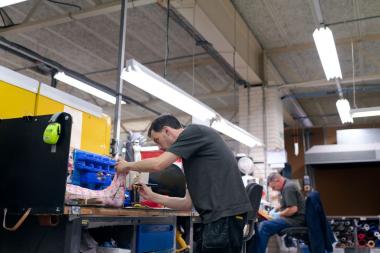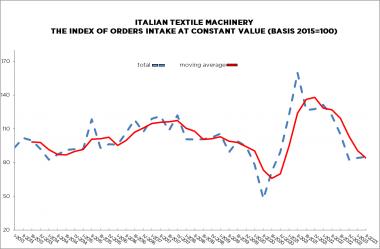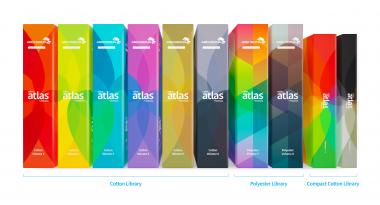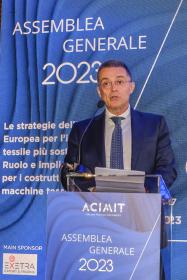Official launch of ReHubs Europe
At a kick off meeting hosted by Mango, EURATEX and 20 incoming members presented ReHubs Europe, a new international non-profit organisation poised to give a boost to the textile recycling. The launch follows three years of intense preparation, and the publication of a Techno-Economic Study, which analysed the business case, cost and environmental benefits for upscaling textile waste recycling in Europe.
ReHubs Europe will gather key players from the textile value chain - textile manufacturers, fashion brands, collectors and recyclers, chemical industry, technology providers - who welcome the ReHubs joint ambition to recycle 2.5 million tons of textile waste by 2030. This requires up to 250 industrial projects across Europe, covering different types of fibre-to-fibre recycling.
ReHubs Europe is the industry’s response to the upcoming EU legislation, which sets compulsory collection and sorting of textile waste, by 2025. To manage this, an upscale of recycling capacity is needed as well as a collaboration of different players from the value chain.
Chris Deloof will lead ReHubs Europe as Executive Director. Chris has a long-standing experience in the textile sector and is a passionate advocate for cross-industry collaboration. Moreover, Chris is deeply committed to driving the transition towards a circular economy, which aligns seamlessly with ReHubs Europe's mission.
ReHubs Europe will operate from Brussels, in close partnership with EURATEX. Membership is open to any companies who wish to invest in textile waste recycling in Europe.
Euratex






























